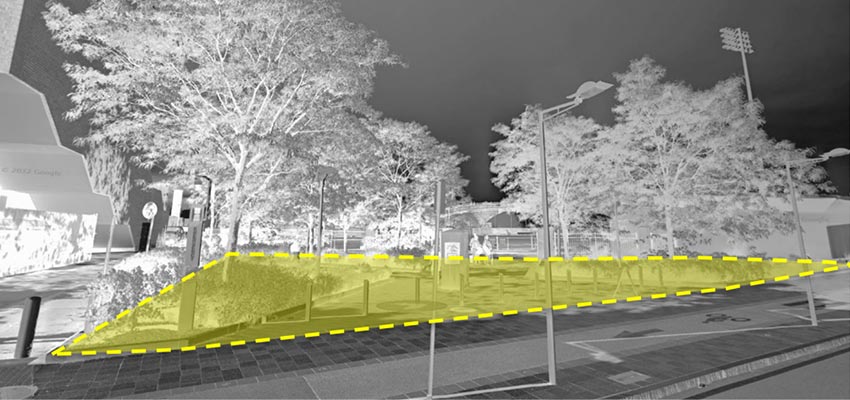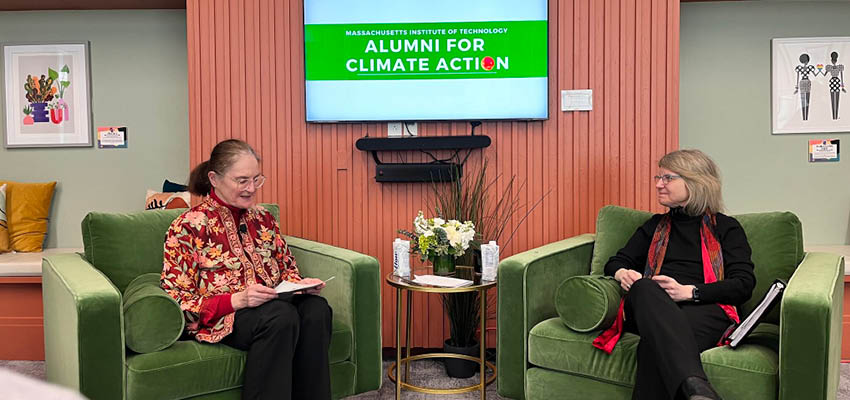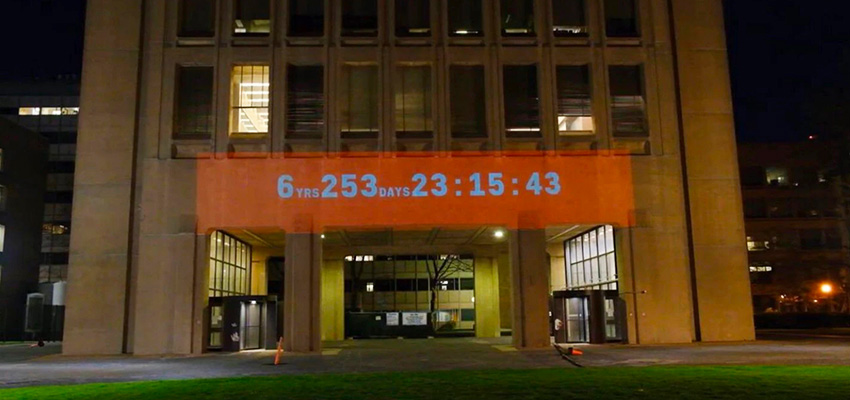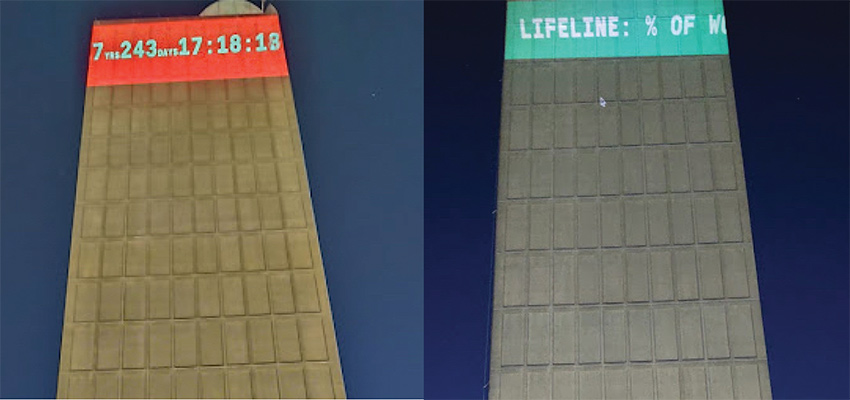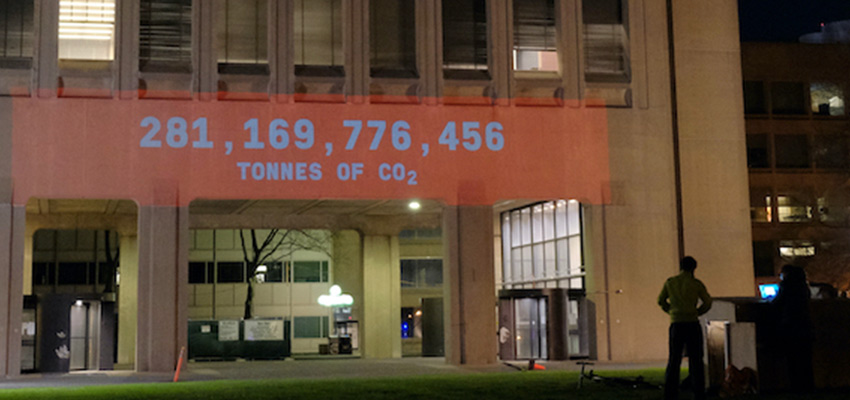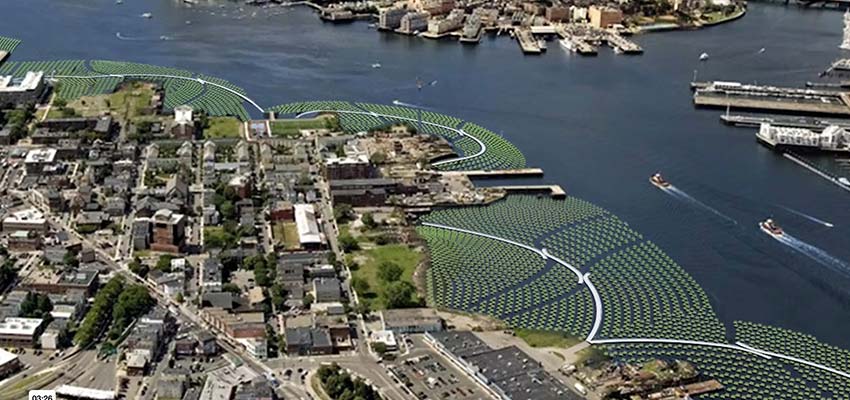
Preparing the Emerald Tutu project for the next steps in manufacturing, impact evaluation, and community collaboration such that they may succeed in building coastal resiliency.
Class
D-Lab: Water, Climate Change, and Health
Community partner
Student team
MIT students unless otherwise noted.
- Claire Chenyu Wang, Harvard Graduate School of Design, Masters in Urban Planning’22
- Kaila Guarda Pfrang, Aero/Astro School of Engineering, ‘22
Community engagement
Coastal resilience projects require the support of local communities – the neighborhoods that are directly impacted by the effects of such nature-based solutions along their coastlines.
This can happen through:
- Educational efforts in schools & community meetings
- Partnerships with community groups & local organizations
- Accessible information sharing
- Pilot projects to encourage local engagement
Utilizing the Hess site
The Emerald Tutu will be borrowing an old oil tank farm site in East Boston along the Chelsea River for experiments and design testing. We visited the site and dreamed up some possibilities for the location’s future use as a coastal education and community space. Currently the site is unusable for public use in the near term due to pollution levels. However, we begin to ask the question: how can we share with the local community, the importance of the work being done here? The Emerald Tutu will be using the docks and water space for their testing, which is not entirely visible from the street.
In a future rendition of the site (as shown via satellite mode), it might be repurposed as a platform for coastal and environmental resilience education. Including salt marsh plant nurseries, Tutu production and experimentation, local gardens, and community play spaces.
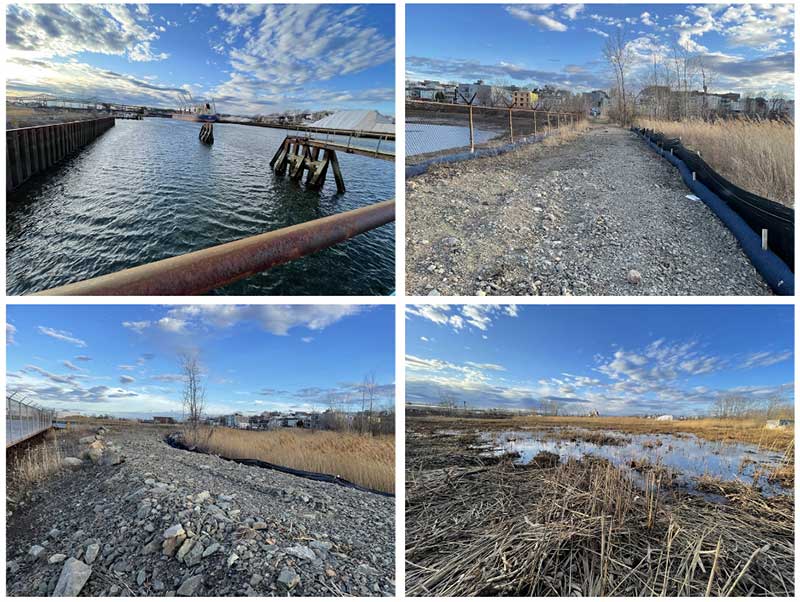
Contact
Susan Murcott, D-Lab: Water, Climate Change, and Health Instructor
Julie Simpson, D-Lab: Water, Climate Change, and Health Instructor


